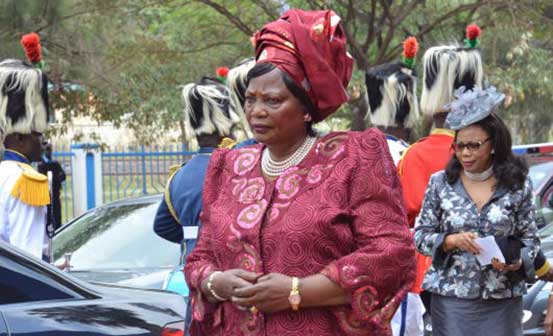×
The Standard e-Paper
Join Thousands Daily

Deep in the belly of Kenya's biggest dungeon, Kamiti Maximum Prison, under a blinding light and on empty stomachs, the emaciated mothers congregated.
Each lost in her own private hell, the women hummed songs of freedom as their scrawny babies tugged at emaciated breasts, trying to coax milk from them with varying degrees of success.